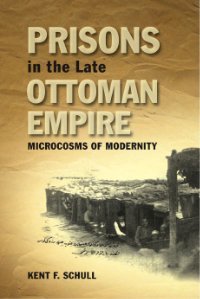By George W Holden
The discipline and punishment of children by parents is among the most commonly investigated topics in developmental psychology. Discipline has long occupied a central role in views about socialization, specifically the processes by which children are taught the skills, values, and motivations to become competent adults. The types of disciplinary techniques used by parents reflect a core ingredient of those parents’ approach to child rearing. Furthermore, the particular types of disciplinary techniques used have long been related to children’s outcomes. This is true both in theoretical writings and subsequent empirical evidence. Discipline and punishment is not a simple topic to study for several reasons: there is confusion over terminology and conceptual issues, the subject matter reflects a dyadic event, embedded in larger contexts of ongoing relationships, family, and neighborhoods, as well as culture, and disciplinary practices that are determined by multiple sources and change over time are at the intersection of cognition, emotion, and behavior. Discipline occurs when there is a breakdown in child management and the child has made, in the parent’s view, a transgression. Disciplinary techniques are those methods used by parents to correct misbehavior, discourage inappropriate behavior, and gain compliance from their children. These techniques consist of a variety of actions and reactions and include such common techniques as reasoning, psychological control, coercion by threats or corporal punishment, time-outs, withdrawal of privileges, or ignoring. Some investigators focus on a group of disciplinary techniques labeled “ineffective discipline” but also called “maladaptive,” “dysfunctional,” or “inept” parenting. Such actions inadvertently reinforce misbehavior or model inappropriate behavior. Although most of the research on discipline has focused on parental punishments, attention is now being devoted to the topics of child compliance, autonomy, self-regulation, and ways of engaging children in cooperative interactions.
Reaserch Gate, 2012, 41p.



